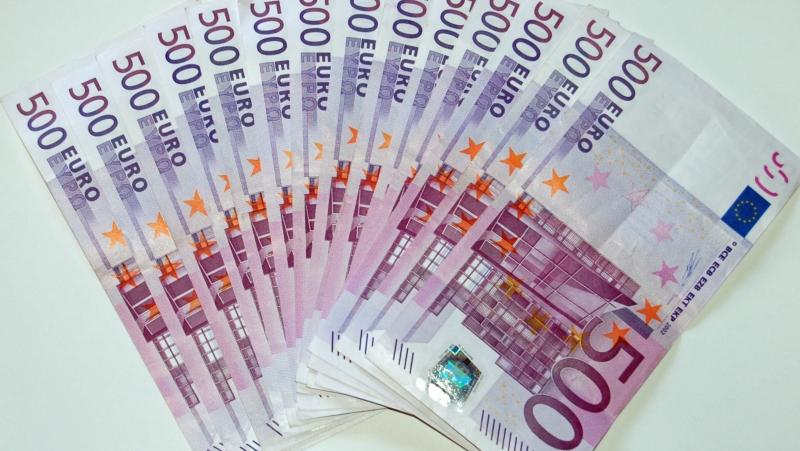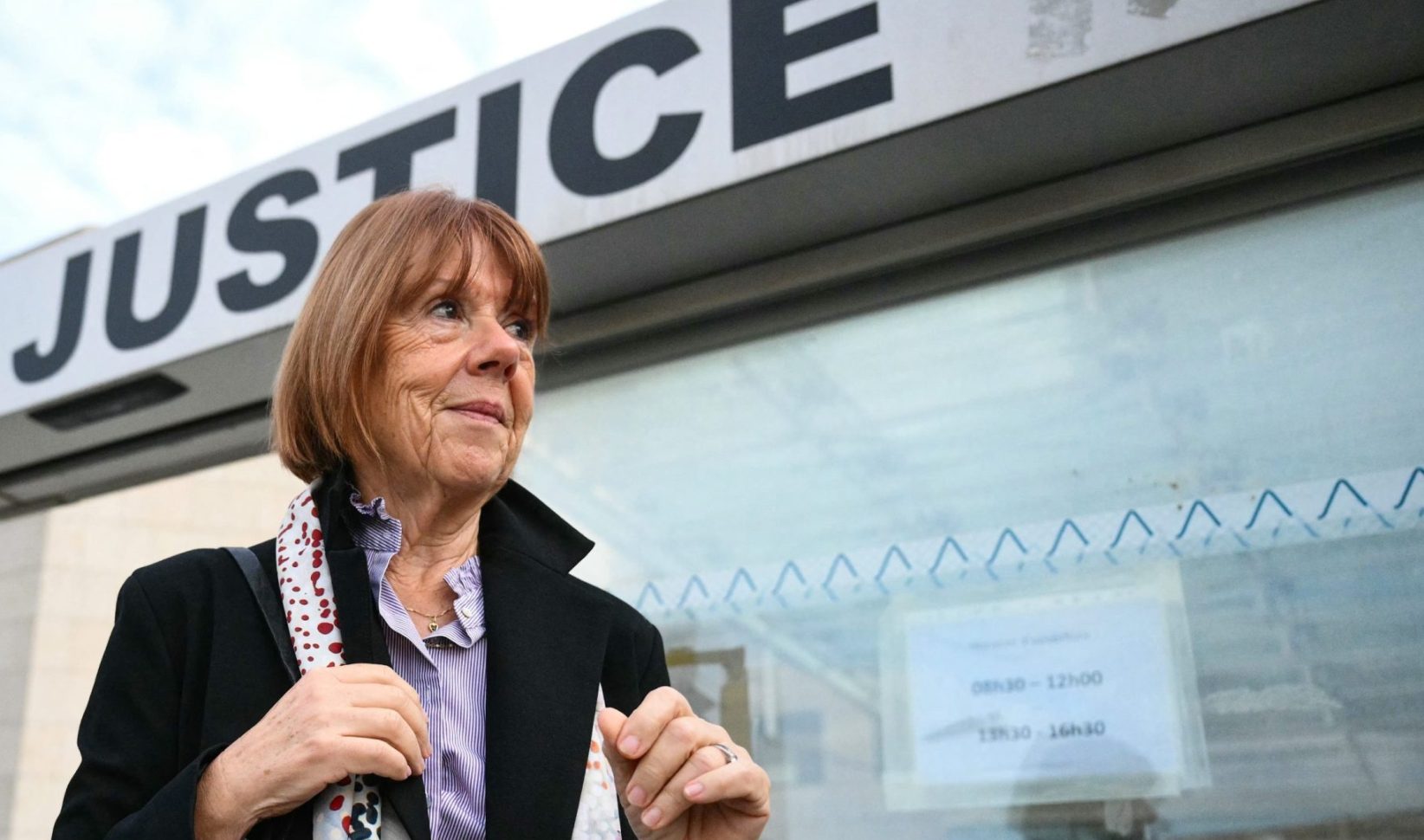/ world today news/ For the third month in a row, the interest rates on new loans marked a serious drop, according to the interest statistics of the BNB as of May 31, quoted by “Labour”.
This time, the reduction is the largest in housing loans in BGN, where the annual percentage rate (APR) is lower by 0.46 percentage points compared to April. Treasuries are cheapening credit in an attempt to boost their core earnings because their profits have been melting lately, not so much because of bad loans, but because of the shrinking flow of fresh interest income.
The downward trend in interest rates began in March. Then, in just one month, the APR on housing loans in euros fell by more than 0.50 points to 8.35%, and in May the average rate had already reached 8.20%. Consumer loans in BGN also became cheaper in April by about 0.50 points. In May, their GPR fell by another 0.22 points, and as a result, from the beginning of the year to the end of May, consumer loans became cheaper by a full percentage point – from 13.79% to 12.73%. After the changes in May, new home loans in BGN are now cheaper than those in Euro – the APR is 8.12% versus 8.20%, respectively. Credit consultants also report that Bulgarians are gradually reorienting towards taking out a home loan in BGN.
#Interest #rates #falling #View #Info
* Mr. Ivanov, given the shift towards BGN loans, what advice would you give to borrowers who are unsure about which currency to choose for their loan, considering factors like exchange rate fluctuations and long-term financial goals?
## World Today News Interview: “Falling Interest Rates – A Boon or a Band-Aid?”
**Host:** Welcome to World Today News. Today we’re discussing the recent downward trend in interest rates on new loans, a trend witnessed for the third consecutive month. We have two esteemed guests joining us: **Dr. Elena Petrova**, a renowned economist, and **Mr. Ivan Ivanov**, a leading mortgage consultant. Welcome to both of you.
**Dr. Petrova & Mr. Ivanov:** Thank you for having us.
**Host:** Let’s delve right into the heart of the matter. Dr. Petrova, the article attributes this downward trend to banks attempting to boost their core earnings amidst shrinking interest income.
* **Dr. Petrova, can you shed light on the broader economic factors at play that might be driving this strategy by banks?**
* **Do you believe this strategy is sustainable in the long run, or are there potential risks associated with it?**
**(Encourage Dr. Petrova to elaborate on factors like inflation, economic growth, and market competition influencing bank strategies. Discuss potential risks like increased default rates or a potential credit bubble.)
**Host:** Mr. Ivanov, you work directly with borrowers seeking loans.
* **What impact are you seeing on consumer behavior due to these falling interest rates? Are more people opting for loans now?**
* **The article mentions a shift towards BGN loans over Euro loans. Have you observed this trend amongst your clients, and what factors might be contributing to this shift?**
**(Explore consumer perceptions of risk, confidence in the Bulgarian economy, and the perceived benefits of BGN loans versus Euro loans.)**
**Host:** This trend raises some interesting questions about the future of interest rates.
* **Dr. Petrova, what are your predictions for the trajectory of interest rates in the coming months? Do you foresee a continued decline, stabilization, or a potential rise?**
* **What implications could these trends have for the broader Bulgarian economy, particularly for sectors like housing and consumer spending?**
**(Encourage Dr. Petrova to discuss potential external factors like global economic conditions, monetary policy decisions by the Bulgarian National Bank, and their likely impact on the local economy.)
**Host:** Thank you both for providing such valuable insights. This conversation has certainly highlighted the complex dynamics at play in the current lending environment. It remains to be seen whether this downward trend in interest rates will be sustained, and what long-term consequences it might have for the Bulgarian economy and consumers.


